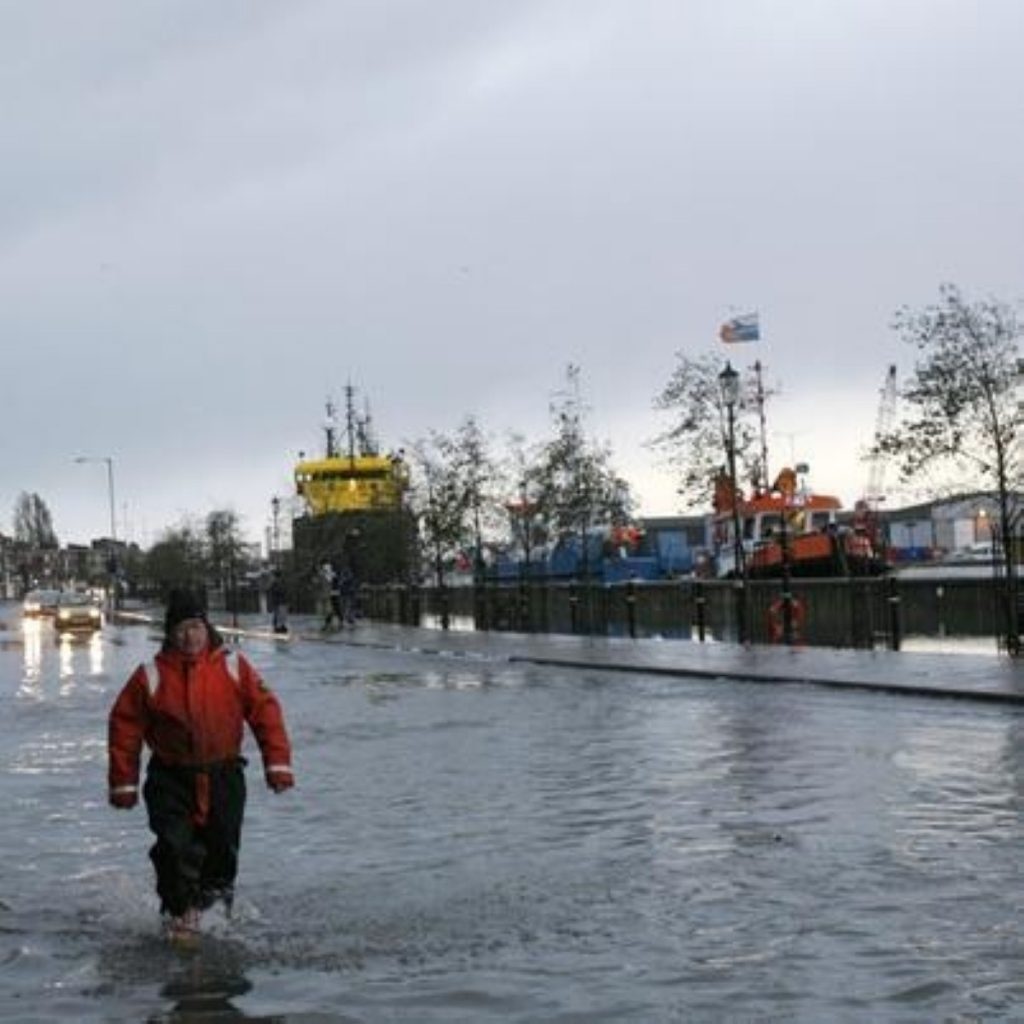Environment Agency demands more flood-risk powers
The government has been urged to change the way the flood risk is managed, following a review of the summer flooding.
In its assessment of the summer floods, the Environment Agency (EA) has warned the government will need to invest in a long-term strategy to offset the increased risk of flooding.
The agency warns climate change, combined with house building and ageing infrastructure, will make the kind of flooding seen across England in June and July more likely.
This summer’s floods affected more than 55,000 homes and businesses, predominately in Gloucestershire, Yorkshire and Humberside, and were estimated to cost £3 billion.


In a review published today, the EA concluded much of the inland flooding was the result of an “overwhelmed” drainage system.
It has now urged ministers to give it responsibility for coordinating urban flooding, adding to its existing management of rivers and seas.
The Liberal Democrats backed called from the Environment Agency for more powers, urging the government to give it strategic overview of flood management.
Lib Dem environment spokesman Chris Huhne said: “It is a dreadful indictment of the lack of joined up government, and the lack of continuity at Defra, that two years after promising to give overall strategic authority to the EA it has still not happened.”
The report also concludes residents were not warned early enough of the impending floods, with only 41 per cent of people in high-risk areas signed up to text message and email alerts.
It urges the government to help the EA boost sign-up to its early warning schemes.
Environment secretary Hilary Benn agreed one of the most important steps people can take is to sign up to early warning messages.
The EA also calls on the government to make public services, including electricity and water companies, take their role in protecting services from flooding seriously.
Flooding at key power stations and water treatment plants left nearly 150,000 homes without water for more than a week during the July floods.
The report makes 33 recommendations for managing future flood risks but concludes the agency responded well to the wettest summer for 250 years.












